The Oden Institute Leadership Team directs the administration of the organization. It is guided by three boards: the Institute Advisory Board, the Policy Board, and the Board of Visitors. The make-up of the Institute is shown in the organizational chart.
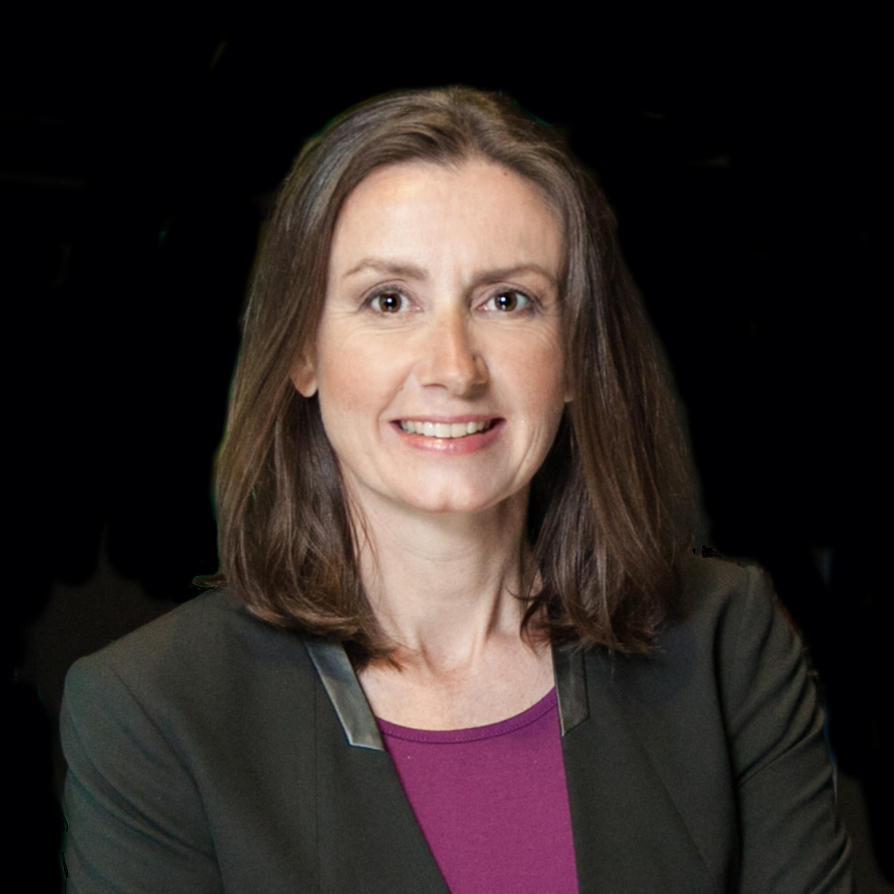
Director
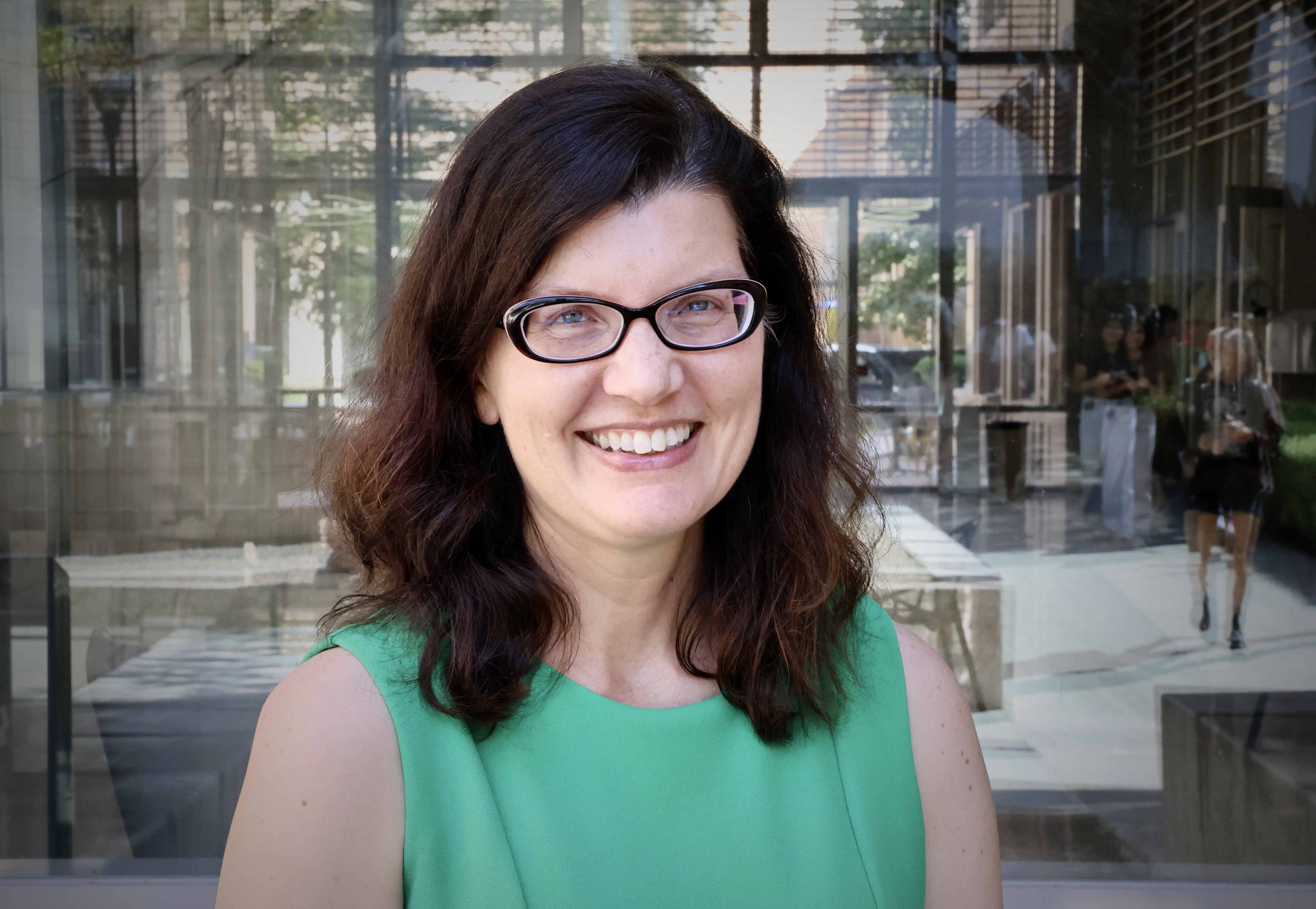
Executive Deputy Director
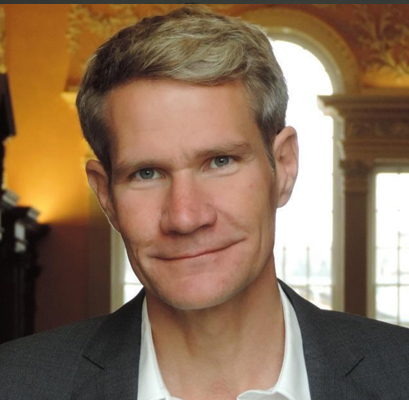
Deputy Director
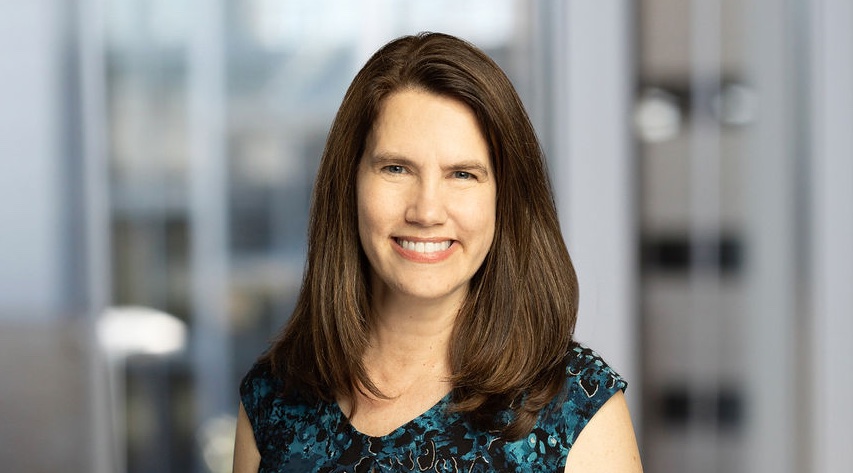
Associate Director, Business Planning and Operations
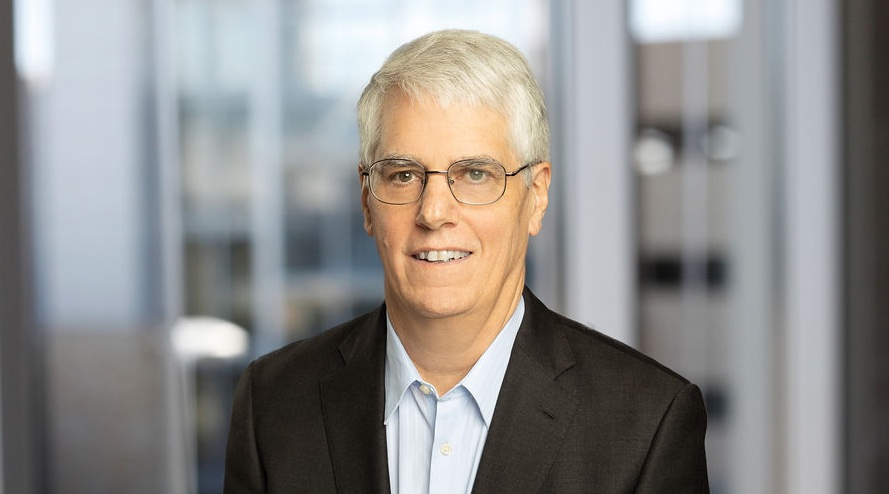
Deputy Director
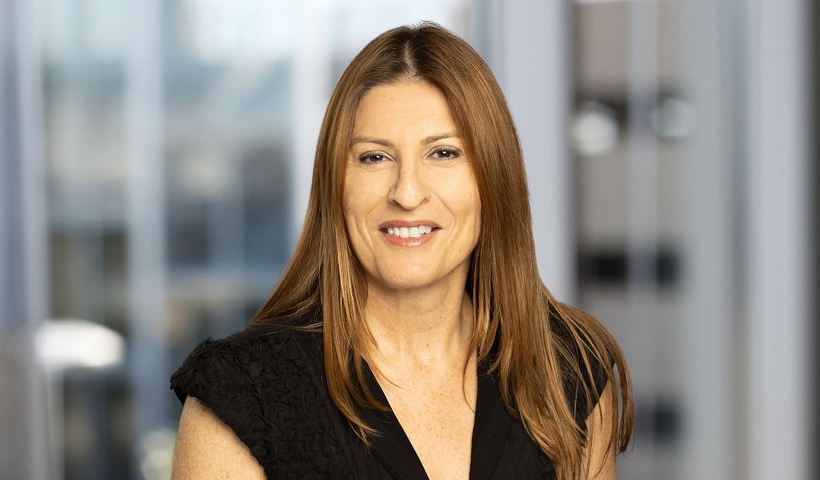
Associate Director, Research Administration and HR
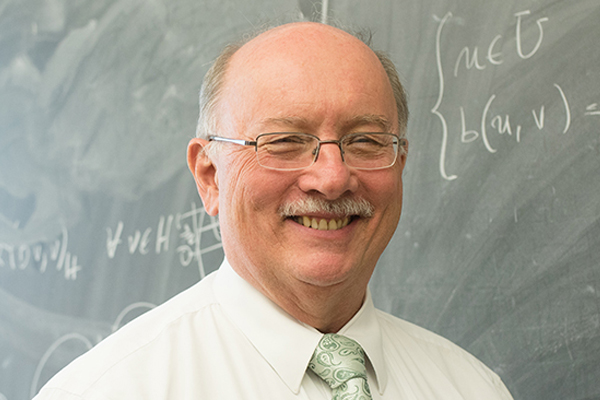
Assistant Director, representing the Cockrell School of Engineering
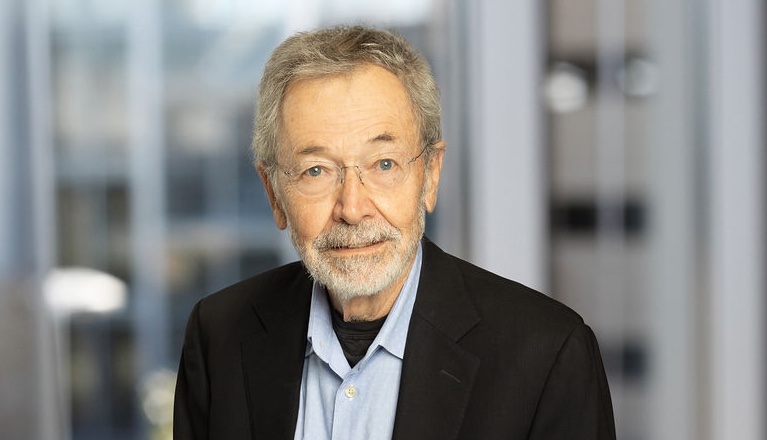
Assistant Director, representing the College of Natural Sciences
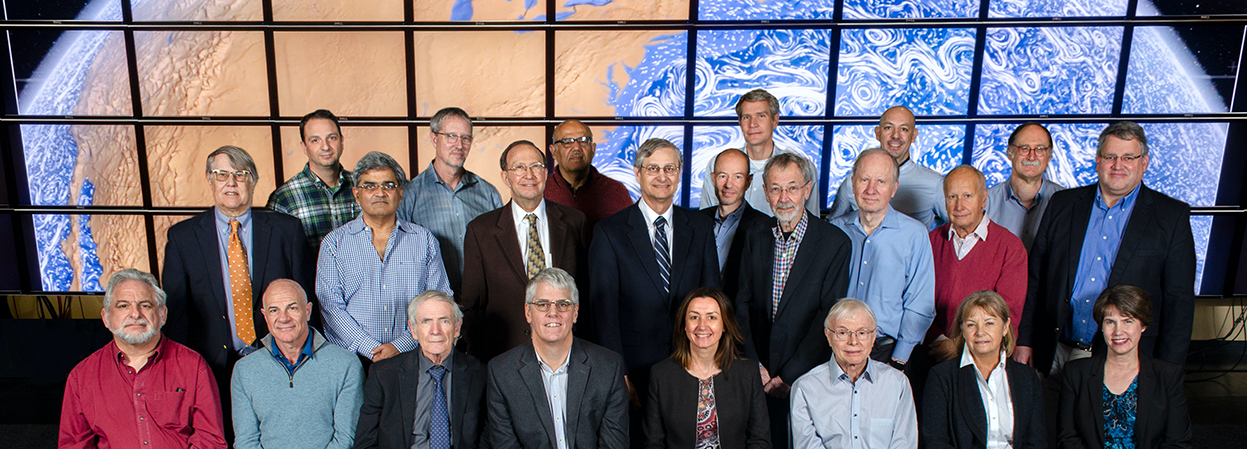
The Oden Institute Advisory Board (IAB) comprises twenty-three members of the Core Faculty, the Oden Institute Executive Deputy Director and Associate Directors, and the Executive Director of the Texas Advanced Computing Center. The function of the IAB is to advise the Director on matters affecting the operations of the Institute and to assist the Institute administration in meeting its various obligations and in achieving its mission. The current IAB members include the following:
Narayana Aluru, Mechanical Engineering
Todd Arbogast, Mathematics
Chandrajit Bajaj, Computer Science
William Beckner, Mathematics
George Biros, Mechanical Engineering
Fátima Zago Bridgewater, Oden Institute
James Chelikowsky, Physics & Chemical Engineering
Clint Dawson, Aerospace Engineering & Engineering Mechanics
Leszek F. Demkowicz, Aerospace Engineering & Engineering Mechanics
Bjorn Engquist, Mathematics
Irene M. Gamba, Mathematics
Omar Ghattas, Mechanical Engineering
Feliciano Giustino, Physics
Patrick Heimbach, Earth and Planetary Sciences
Graeme Henkelman, Chemistry
Thomas J.R. Hughes, Aerospace Engineering & Engineering Mechanics
Dima Kozakov, Molecular Biosciences
Per-Gunnar Martinsson, Mathematics
Robert Moser, Mechanical Engineering
Keshav Pingali, Computer Science
William H. Press, Computer Science & Integrative Biology
Michael S. Sacks, Biomedical Engineering
Cathy Stacy, Oden Institute
Dan Stanzione, TACC
Maria Stanzione, Oden Institute
Charley Taylor, Dell Medical School, Internal Medicine
Ufuk Topcu, Aerospace Engineering & Engineering Mechanics
Rachel Ward, Mathematics
Karen E. Willcox, Aerospace Engineering & Engineering Mechanics; Director, Oden Institute (Chair)
Tom Yankeelov, Biomedical Engineering
The primary function of the Policy Board is to provide strategic advice and help develop policies to ensure compliance with the terms and conditions of the Oden Institute for Computational Engineering and Sciences charter and endowments. The Board is chaired by the Vice President for Research and includes the Oden Institute Director and Deputy Director, the Deans of the Cockrell School of Engineering, the College of Natural Sciences, the Jackson School of Geosciences, and the Dell Medical School, as well as two faculty members-at-large.

Fernanda Leite
Interim Vice President for Research

Oden Institute Director
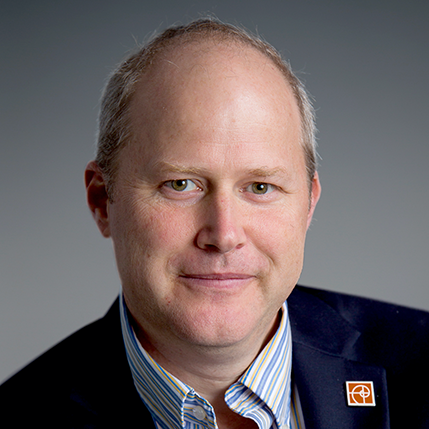
David A. Vanden Bout
Dean — College of Natural Sciences

Deputy Director
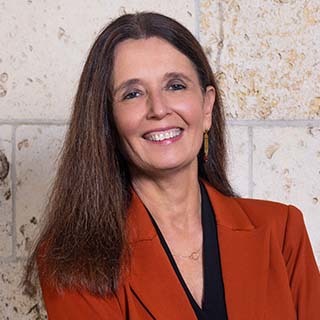
Claudia Lucchinetti
Dean — Dell Medical School

Deputy Director
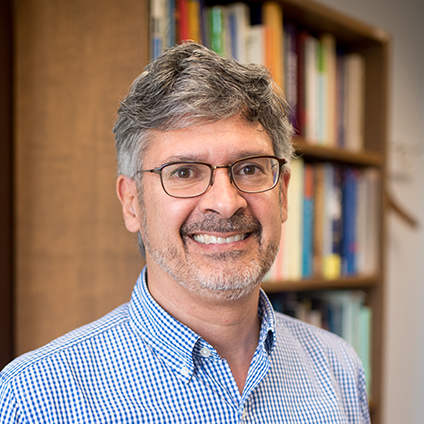
Roger Bonnecaze
Dean — Cockrell School of Engineering
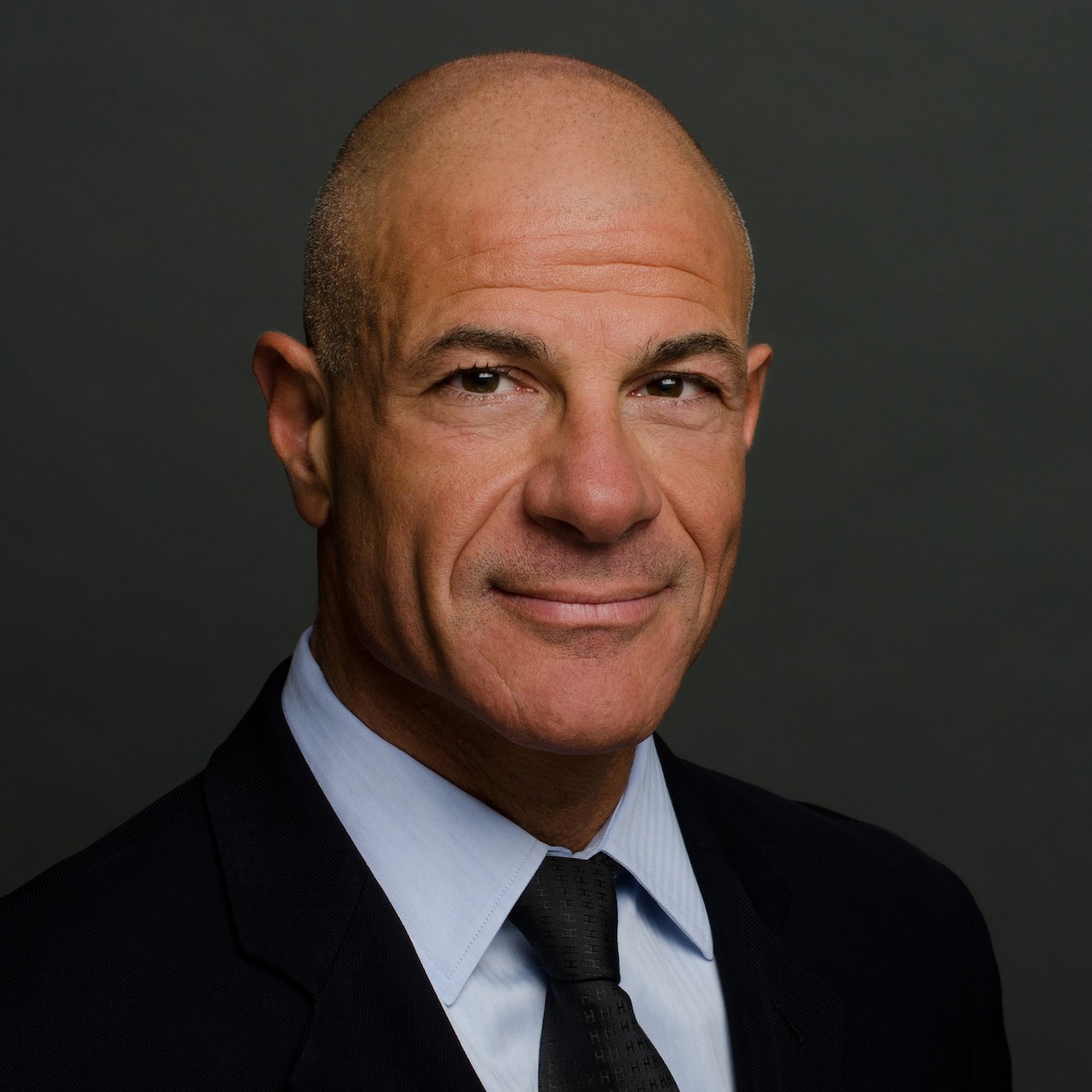
Member-at-Large
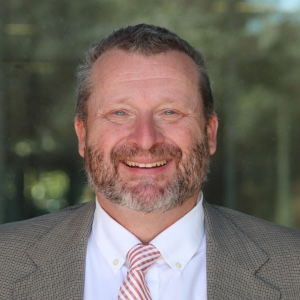
Danny Stockli
Interim Dean — Jackson School of Geosciences
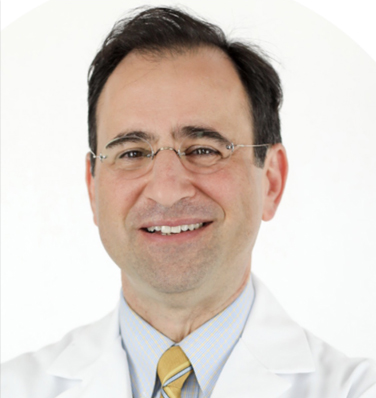
Member-at-Large
The Oden Institute for Computational Engineering and Sciences Board of Visitors consists of internationally recognized leaders from academia, industry and government laboratories. The charge of the Board of Visitors is to conduct external reviews of Oden Institute operations and provide advice on strategic plans and major policy issues. The current Board of Visitors members include the following:

Associate Laboratories Director, Advanced Science & Technology
Douglas Kothe is Associate Laboratories Director (ALD) for Advanced Science and Technology and Chief Research Officer at Sandia National Laboratories. From 1988-2023, Dr. Kothe held program management positions at Los Alamos and Oak Ridge national laboratories. He served as director for the National Center for Computational Sciences, Department of Energy’s (DOE) Exascale Computing Project, DOE’s Consortium for Advanced Simulation of Light Water Reactors, and was ALD for Computing and Computational Sciences. He drove creation, application, and deployment of Virtual Environment for Reactor Applications, a 2016 R&D 100 Award winner offering a technology step change for the U.S. nuclear energy industry.
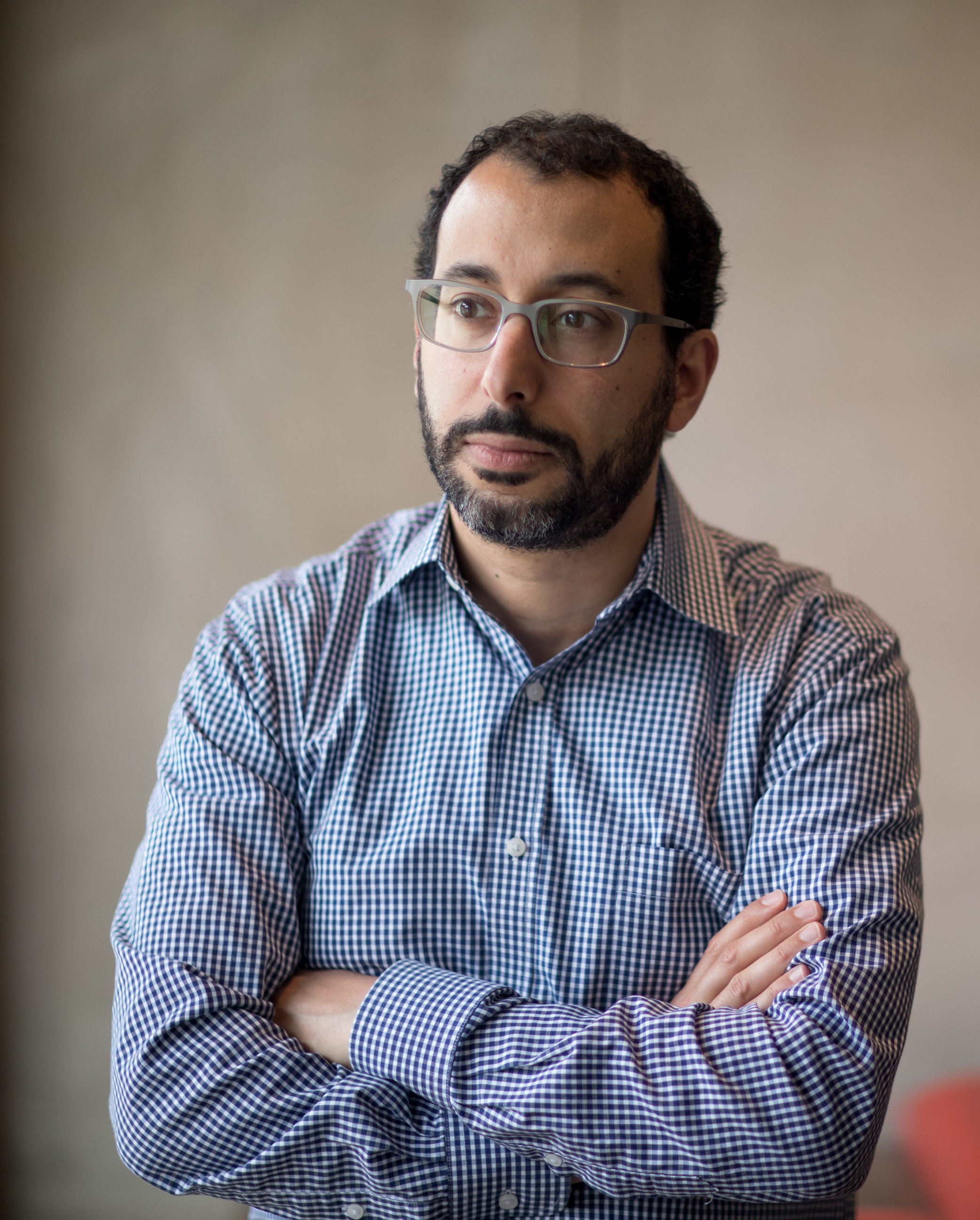
Professor of Aeronautics and Astronautics, Co-Director, Center for Computational Science and Engineering, Massachusetts Institute of Technology
Youssef Marzouk is a professor in the Department of Aeronautics and Astronautics at MIT and co-director of the MIT Center for Computational Science and Engineering. He is also a core member of MIT’s Statistics and Data Science Center and director of MIT’s Aerospace Computational Design Laboratory. His research interests lie at the intersection of computation and statistical inference with physical modeling. He develops new methodologies for uncertainty quantification, Bayesian modeling and computation, data assimilation, experimental design, and machine learning in complex physical systems. His methodological work is motivated by a wide variety of engineering and environmental applications.
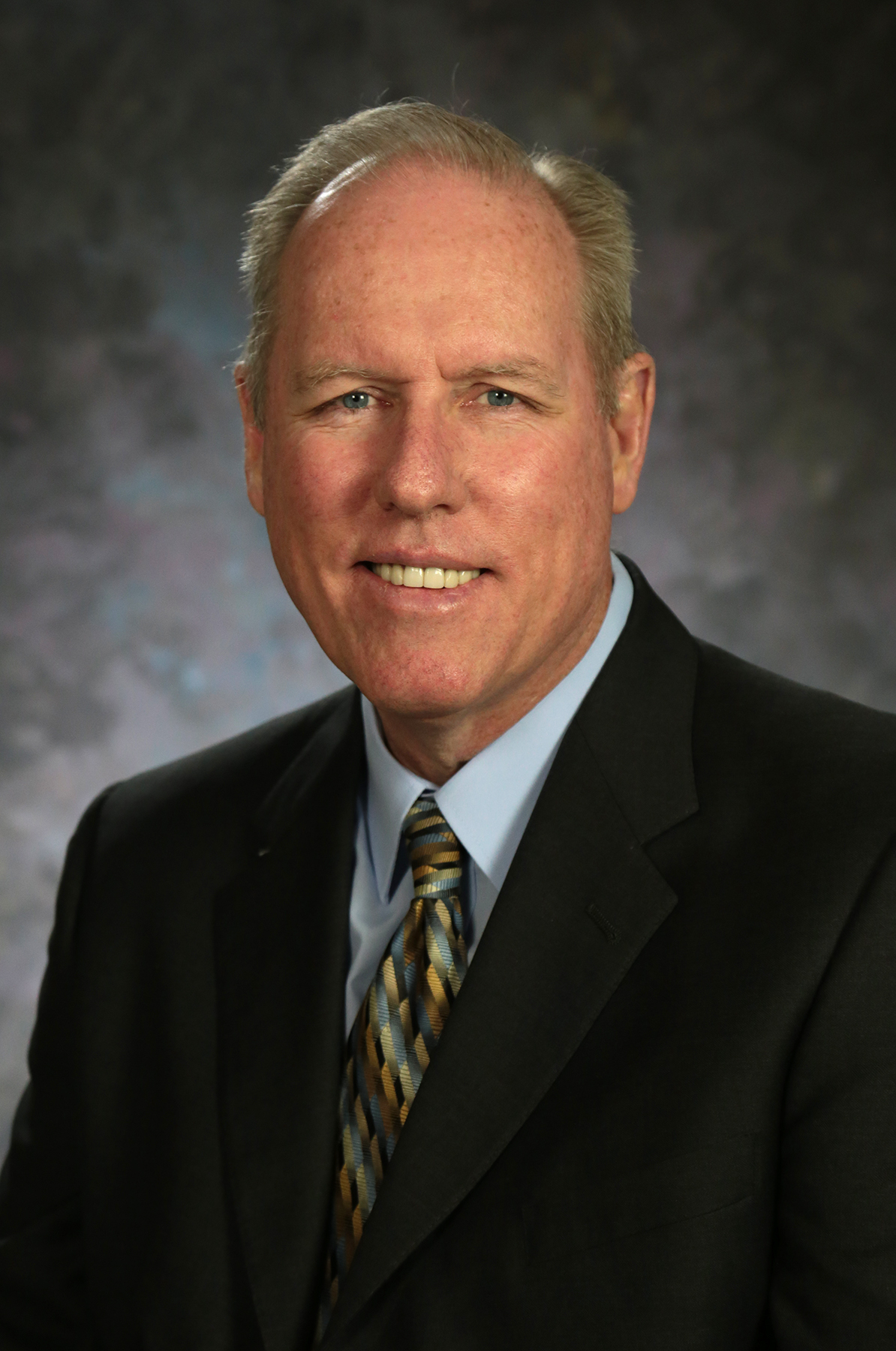
Vice President, Southwest Research Institute
Ben Thacker is the Vice President of the Mechanical Engineering Division at Southwest Research Institute. The division has over 390 staff performing research, development, testing and evaluation on a wide variety of projects. The division research departments are Engineering Dynamics, Materials Engineering, Machinery, Structural Engineering, and Fluids Engineering. Dr. Thacker has over 40 years of experience in the development of advanced probabilistic structural analysis methods, application of probabilistic methods to high-consequence engineering problems, and the development of model verification and validation standards for computational solid mechanics. During his career at Southwest Research Institute, Dr. Thacker has led or contributed to a diverse range of projects. He was a key contributor on the nine-year NASA Probabilistic Structural Analysis Methods (PSAM) for Select Space Propulsion System Components project, from which the NESSUS® probabilistic analysis software was developed.
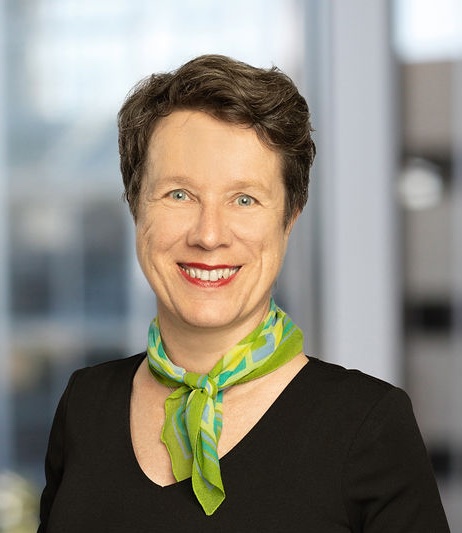
Chair, Department of Numerical Analysis, Technical University of Munich (TUM)
Barbara Wohlmuth's research examines the numerical simulation of partial differential equations. Special areas of interest here are discretization techniques, adaptivity, multi-scale solvers and the mathematical modeling of coupled multi-field problems. Interdisciplinary cooperation with engineering experts is an important part of her work. Prof. Wohlmuth studied mathematics at TUM and the University of Grenoble. She completed her doctorate in 1995 at TUM and her lecturer qualification in 2000 at the University of Augsburg. After that, she did research at the Courant Institute of Mathematical Sciences at New York University and the Université Pierre et Marie Curie, Paris. She also worked as a visiting professor in France and Hong Kong. In 2010, Prof. Wohlmuth accepted her current position at TUM. She is a member of the Executive Board of the Association of Applied Mathematics and Mechanics (GAMM) and Chair of the Advisory Board of the Weierstrass Institute for Applied Analysis and Stochastics. She is also a member of the Editorial Board of Computational Mechanics, Zeitschrift für Angewandte Mathematik und Mechanik, SIAM Journal on Scientific Computing and Numerische Mathematik.